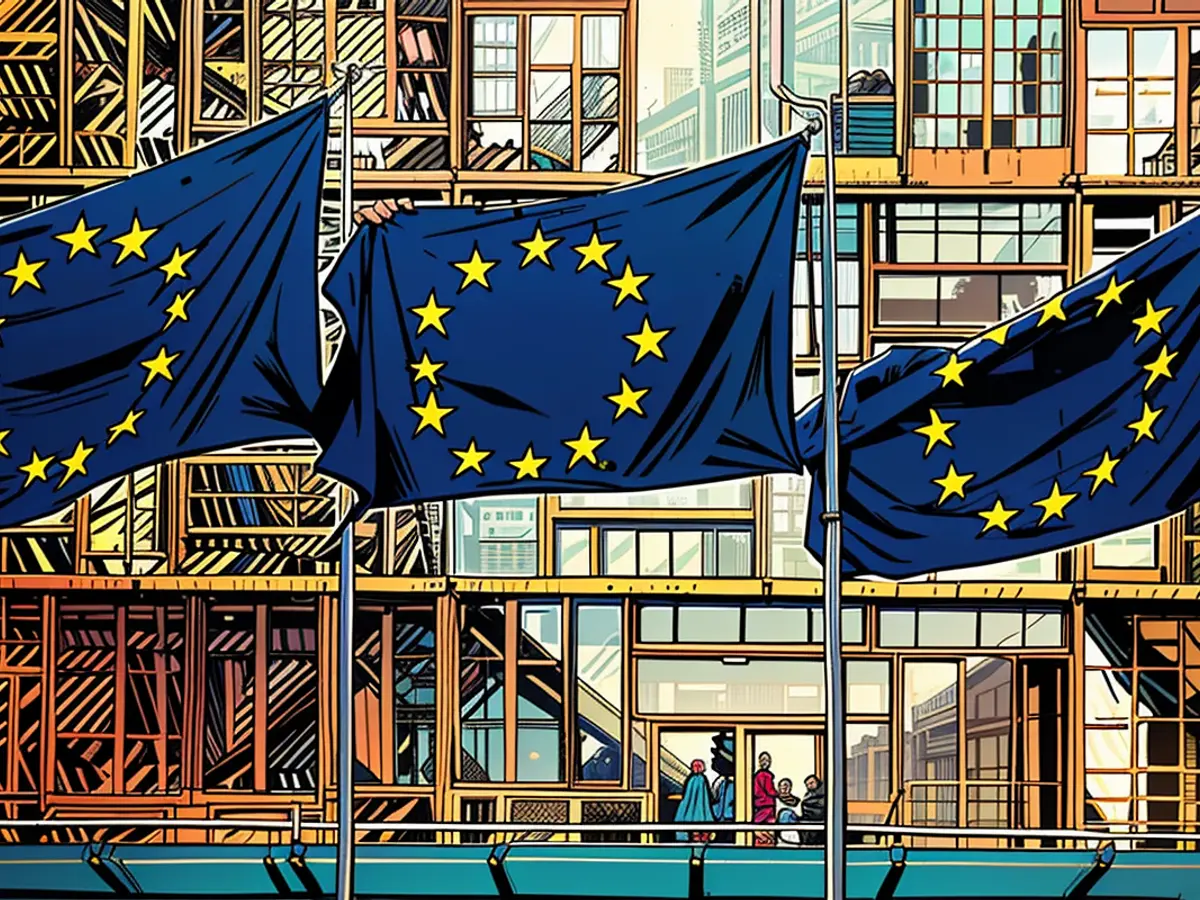The EU Commission outlines three potential scenarios for prolonging the sanctions against Russia.
Reportedly, the European Commission is mulling over three potential extensions of sanctions against Russia, as suggested by diplomats. These options were unveiled last Friday to EU diplomats, as confirmed by multiple sources conversing with Reuters news agency. The underlying reason is the immobilized funds of the Russian Central Bank, which are crucial for the dispensing of a monumental $50 billion loan from G7 nations to Ukraine. These funds have been stationary since Russia's assault on Ukraine.
One of these possibilities entails preserving the freeze for a duration of five years, with annual reassessments. This move could unfrost the funds only with the backing of a majority vote,qualified or not. Alternatively, the freeze may be extended every three years, provided all countries agree unanimously. The third option consists of extending all Russia sanctions every three years, as opposed to the current practice of requiring a decision and unanimous vote every six months.
A spokesperson from the Brussels authority chose to refrain from commenting on the matter. During the summer, the G7 major democracies concurred in utilizing the income from the frozen Russian funds to aid Ukraine. At present, the technical specifications for this anticipated loan are under development.
The following scenarios were presented for consideration by EU diplomats: the first involves a five-year freeze with annual reassessments, the second extends the freeze every three years unanimously, and the third extends all Russia sanctions every three years. The following scenarios aim to address the immobilized funds of the Russian Central Bank, crucial for the release of the $50 billion loan to Ukraine.








